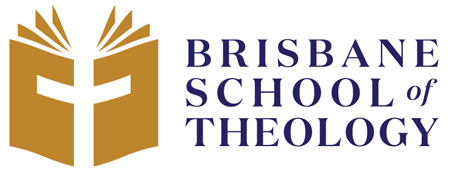
Viewing the Psalms as “tools for prayer” is a very helpful way to understand their role and to remember that we need to use them. How much can we do in our natural lives without tools? How do you grow or cook food without tools? How do you construct anything without tools?
Recently I read again Eugene Peterson’s introduction to his book, Answering God: The Psalms as Tools for Prayer. Peterson argues that “the Psalms are necessary.” I was deeply affected by what I read. I was convinced further that the Psalms are needed for maturity in the life of God’s people.
There are many ingredients that are necessary for the maturing of our Christian faith and character, but how many of us would include the systematic and regular use of the Psalms in our “essentials” list? Peterson observes that the use of the Psalms for prayer has “shrunk in our time to a mere remnant”. He is not talking about the occasional or weekly use of the Psalms, but their daily use in prayer with the aim of learning how to pray. “This is how most Christians for most of the Christian centuries have matured in prayer.”
The Psalms are tools that we use to pray and to learn how to pray. They “are not tools for doing or getting, but for being and becoming”. This is a challenging thought for a culture obsessed with doing and getting. But being human is about God working his will in us. “The Psalms are the best tools available for working the faith – one hundred and fifty carefully crafted prayers that deal with the great variety of operations that God carries on in us and [that] attend to all the parts of our lives.”
If we think we are doing ok, then saying that the Psalms are necessary will seem redundant. But how well are we doing spiritually? How can we know the real state of our heart? How can we make real spiritual progress? How can we get to know and glorify God more fully? We need help in this. The Psalms are “God’s gift to train us in prayer that is comprehensive … and honest…If we dismiss the Psalms, preferring a more up-to-date and less demanding school of prayer, we will not be without grace, but we will miss the center where Christ worked in his praying. Christ prayed the Psalms.”
Admittedly, for many people the Psalms are challenging because of the historical and cultural “distance” between us and the Psalms. The deeper challenge is that the Psalms confront us with the God who seeks us, who has revealed himself to us in Christ, and who teaches us through the Psalms how to respond to him. This can challenge our way of thinking and living. Learning how to respond to God is a hallmark of spiritual maturity. “The Psalms are our answers…What is essential in prayer is not that we learn to express ourselves, but that we learn to answer God.”
How do we use the Psalms? How do we learn to ride a bike? It is not easy to begin with, but it is simple. We do what every Christian generation before us has done. We “pray through the Psalms, psalm by psalm, regularly … faithfully across a lifetime.” Gradually, “the motions of the heart come into harmony with the movement of the lips.”
Reference
1. Eugene Peterson, Answering God: The Psalms as Tools for Prayer, (HarperSanFrancisco: San Francisco, 1991), pp. 2-7.
[banner text=”BST Connect”]
[banner text=”Study at BST”]
[banner text=”Open night”]


